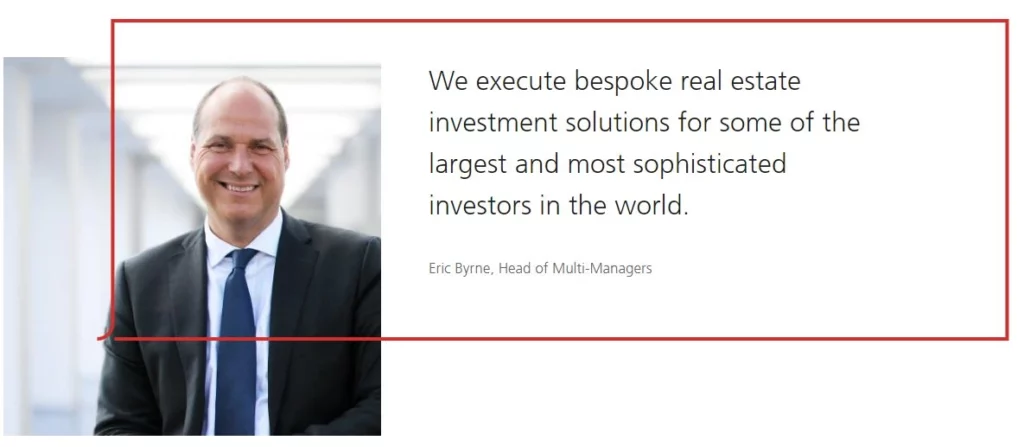Growth and evolution of the real estate sector

The current macroeconomic environment is having repercussions for all asset classes. The real estate sector continues to remain strong, offering a good protection hedge to inflation thanks to its robust nature and low correlation to other asset classes.
Investors should therefore consider both core and global real estate in their portfolios for several reasons, some of them being broad diversification, investment opportunities, and market exposure.
Along with the traditional way of properties acquisition, real estate can be accessed by gaining exposure to listed securities, unlisted funds, products and mandates – each of them having their intrinsic features.
The sector has been evolving in recent years, with the COVID-19 pandemic defining winners and losers; new established sectors with growth potential such as residential, and sectors suffering from lockdowns, supply imbalances and the cost of living crisis, such as office and retail. But the pandemic isn’t the only challenge this asset class has had to face; the current stagflationary scenario requires a precise assessment of real estate, which takes into account several factors, such as how the current high interest rates will impact debt, the maturity of it, how much of inflation can be passed onto tenants, and what levels of interest rates hedges are in place.
Evolution also means keeping up with trends and new priorities. Among these, ESG has become a requirement for many investors and provides attractive features such as lower void lengths, lower obsolescence, reduced depreciation, and many more.
The strong connection of the UBS Asset Management, Real Estate & Private Markets business with the wider sustainability infrastructure in our firm and external partners, as well as continuous education, enables investors to be up to date on ESG topics and practices and to keep a position of influence within the real estate sector.
The Global Real Estate Sustainability Benchmark (GRESB) is adopted meticulously, together with the use of a proprietary ESG assessment.
Also, new investment solutions have appeared and established in recent years, with secondaries, co-investments, recapitalizations and new fund formations gaining traction, and allowing us to invest for some of the world’s largest and bespoke investors.

